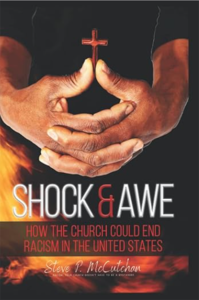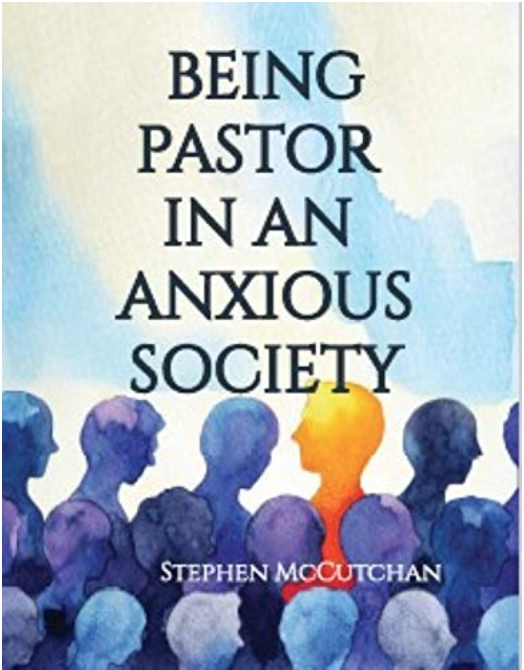BEING CREATIVE WITH CRISIS
There is a creative way to move beyond crisis and regain your power to make choices as you move ahead. Words have the power to both create and destroy. Probably the worst maxim ever devised was, “Sticks and stones may break my bones but words will never hurt me.” From our own experience, we know that that is painfully false. Words can hurt people and frequently once spoken the damage is difficult to repair. However, words can also help people explore our future and resolve crisis. Words can also help us create a future and provide direction for how we choose to live our life.
FICTIONAL WORD THERAPY
I am suggesting that fictional word therapy can help us find our path through many of our stressful and conflictual experiences. I’m going to describe it for a pastor, but it could also be useful to suggest this practice for people who come to you for counseling.
If you had someone come to you for counseling, you would listen as they described the problem that prompted them to come. In your case, unless you are working with a counselor or spiritual director, you need to describe the essential nature of the problem with which you are dealing. For example, you might have experienced several people who have been upset by several of your sermons. Now here is where FWT comes into play.
FIVE STEPS TO CHOICE
Step 1. Create a fictional setting in which a pastor in a church has had similar problems. Give the church, the pastor, and key congregants names. The reason for doing this is that it provides a little distance for you to examine the situation.
Step 2. Choose certain emotional and psychological characteristics to the pastor’s personality. These are not your characteristics, but those of a pastor different from you. The pastor should be of your gender. For example, your pastor might be a perfectionist and frequently emotional in his or her interactions with others.
Step 3. Take no more than 20 to 30 minutes to write a story about this pastor’s response to the criticism and the congregational response. Make your pastor rather dense and insensitive in his or her response. Describe what s/he does,describe some fictional responses of people or the official board, and the consequences in the congregation.
Step 4. After 30 minutes, put the piece aside and get on with your life. At least a day later, and maybe a week later, write for another 30 minutes about another pastor with a different name but the same situation. This time, have the pastor be creative and fully aware of what is taking place. Describe the steps s/he takes and their consequences.
Step 5. Find a trusted friend, share the stories, and what you have learned about what you would like to do in this situation. In writing the stories and in sharing them with your friend, you are going to discover possible directions you can choose to take and be prepared for likely consequences.
FWT WITH A COUPLE
If you were using the FWT with another person or couple, I would suggest that you have them write their fictional account while you are with them. The pressure to write it quickly removes some barriers. You can even designate the chief characteristics of the protagonist. The first time, make him or her self-centered and manipulative and the second time sensitive and caring. Let them think through how that might work.

































